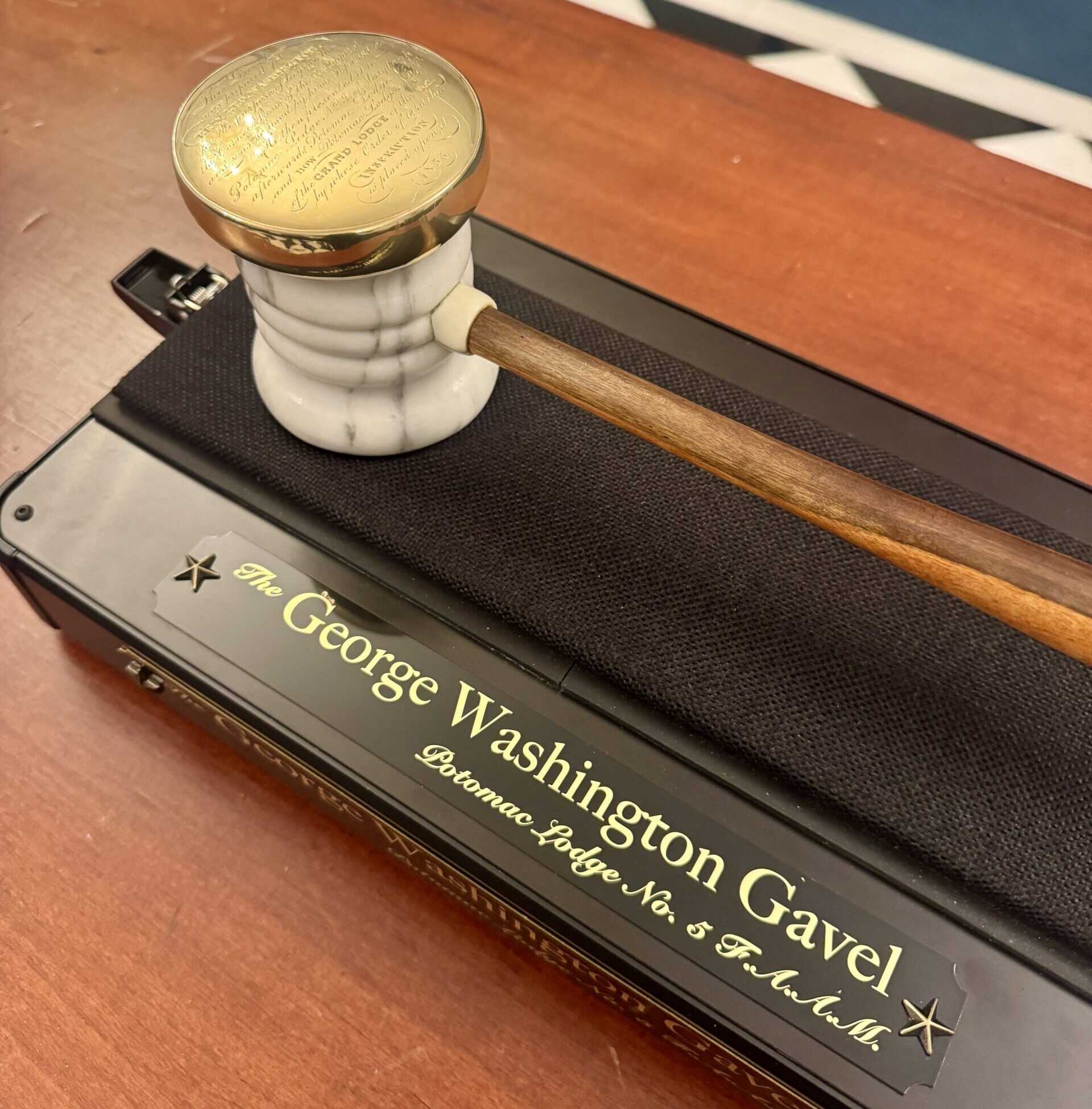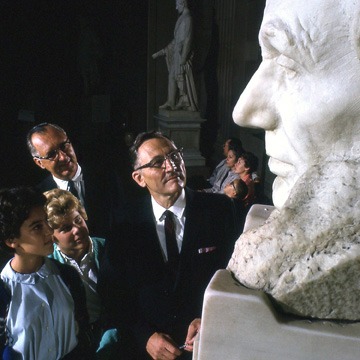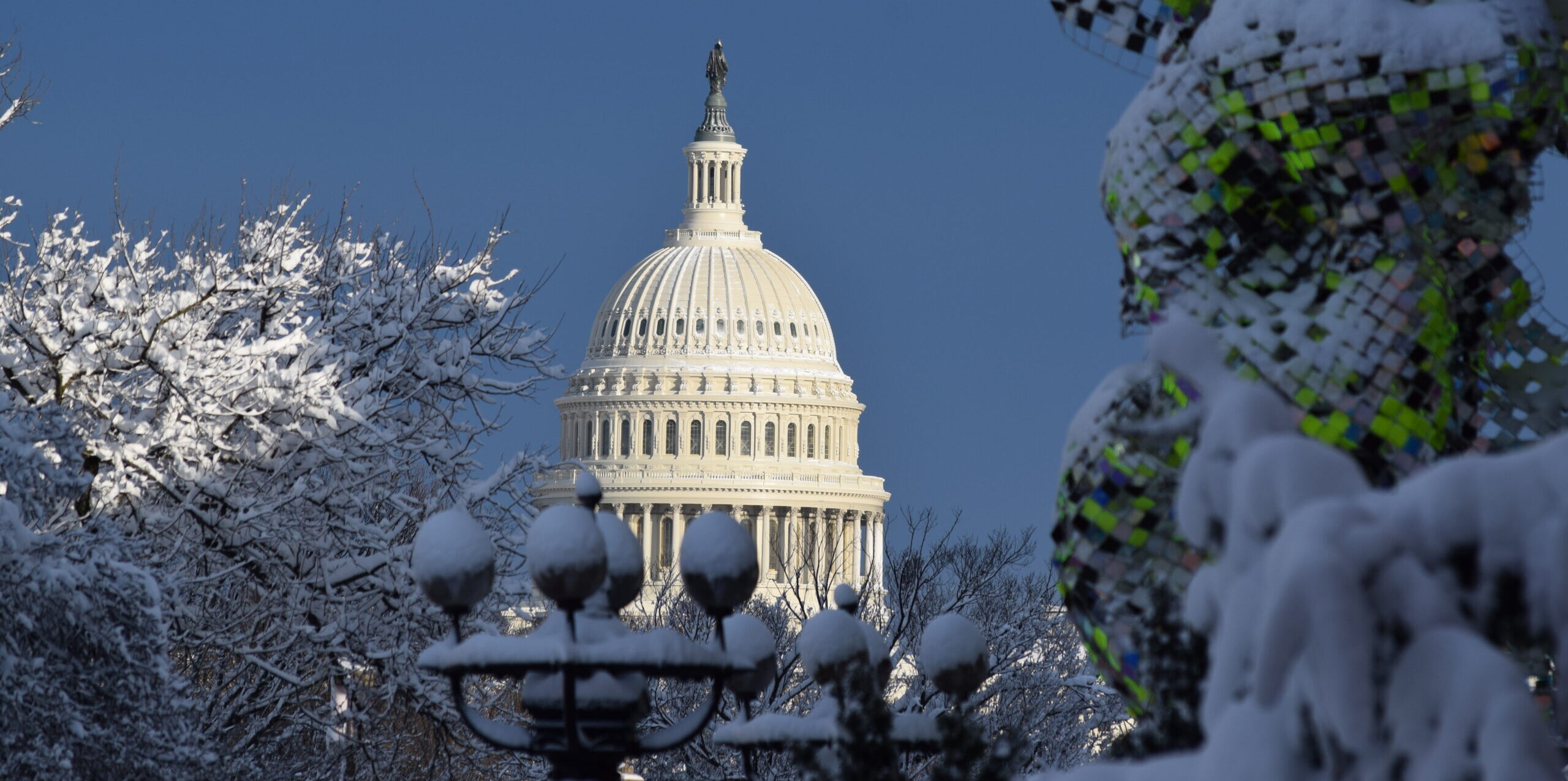Join us in our mission to educate, inspire, and encourage informed civic participation. By becoming an annual member, your support funds vital programs such as the ‘We the People’ Constitution Tour for DC students, free resources and lesson plans for teachers, and our series engaging virtual and in-person public history events. Together, we will preserve Congress’s history and empower citizens to influence the future of our democracy.










